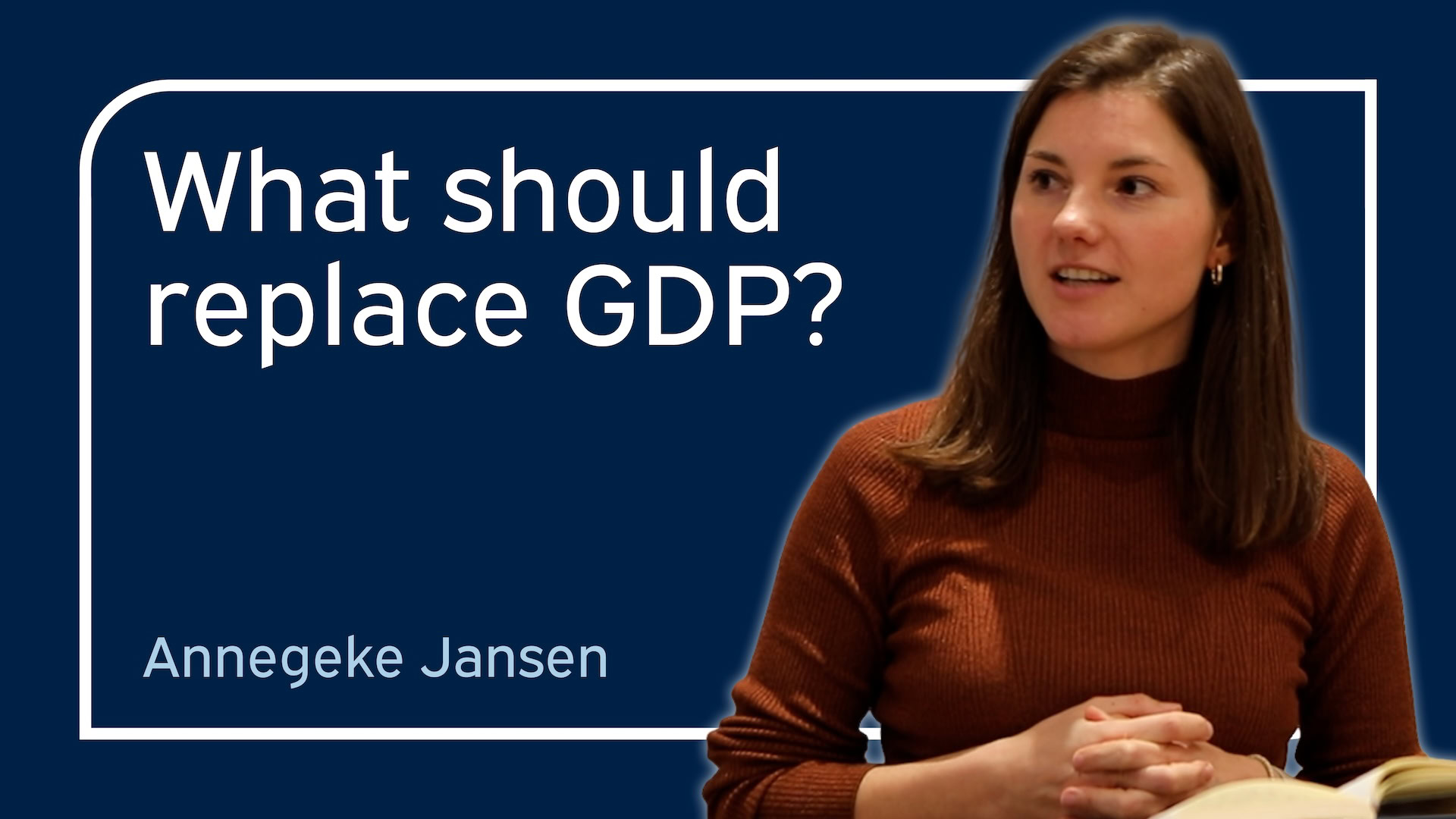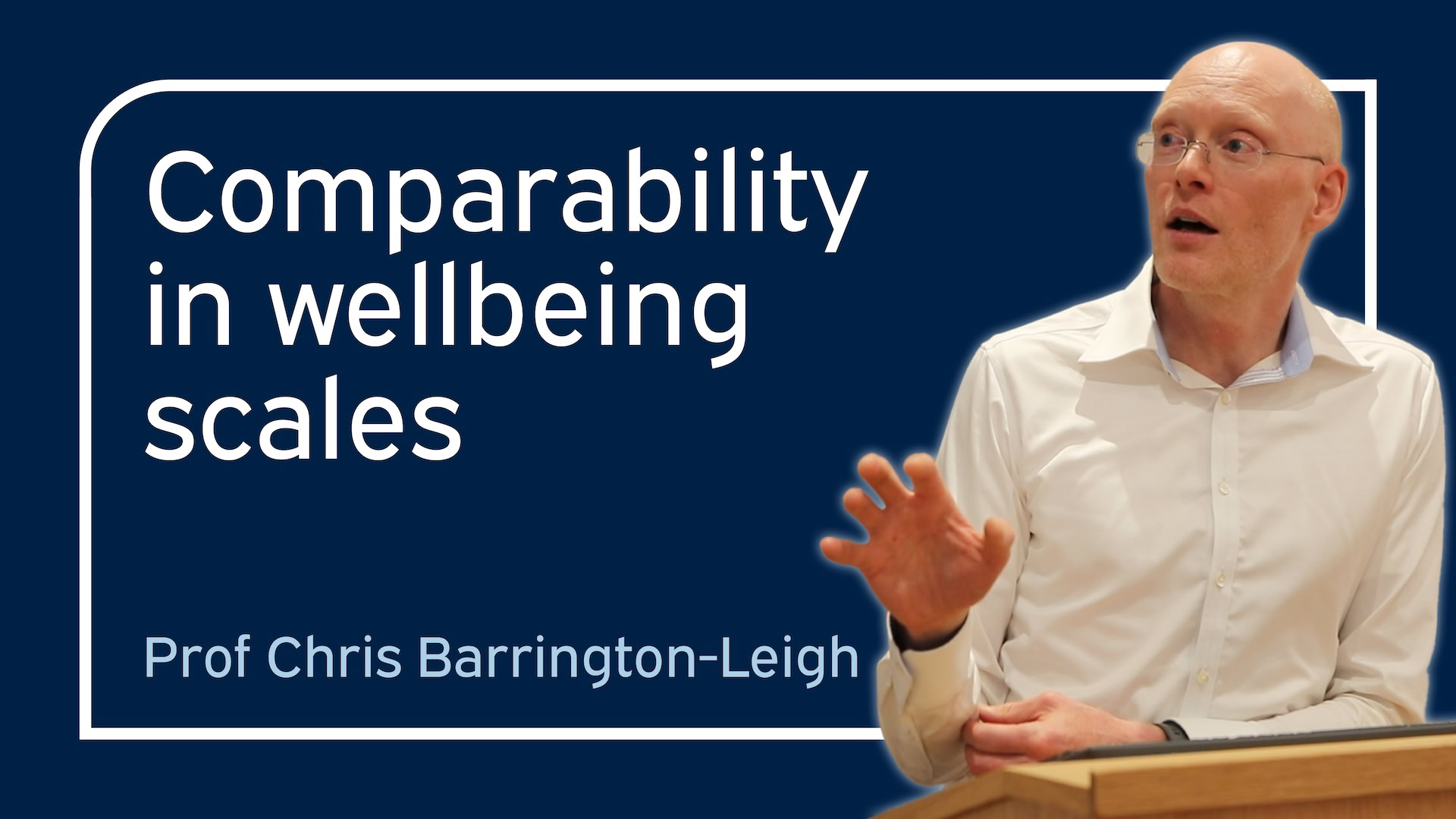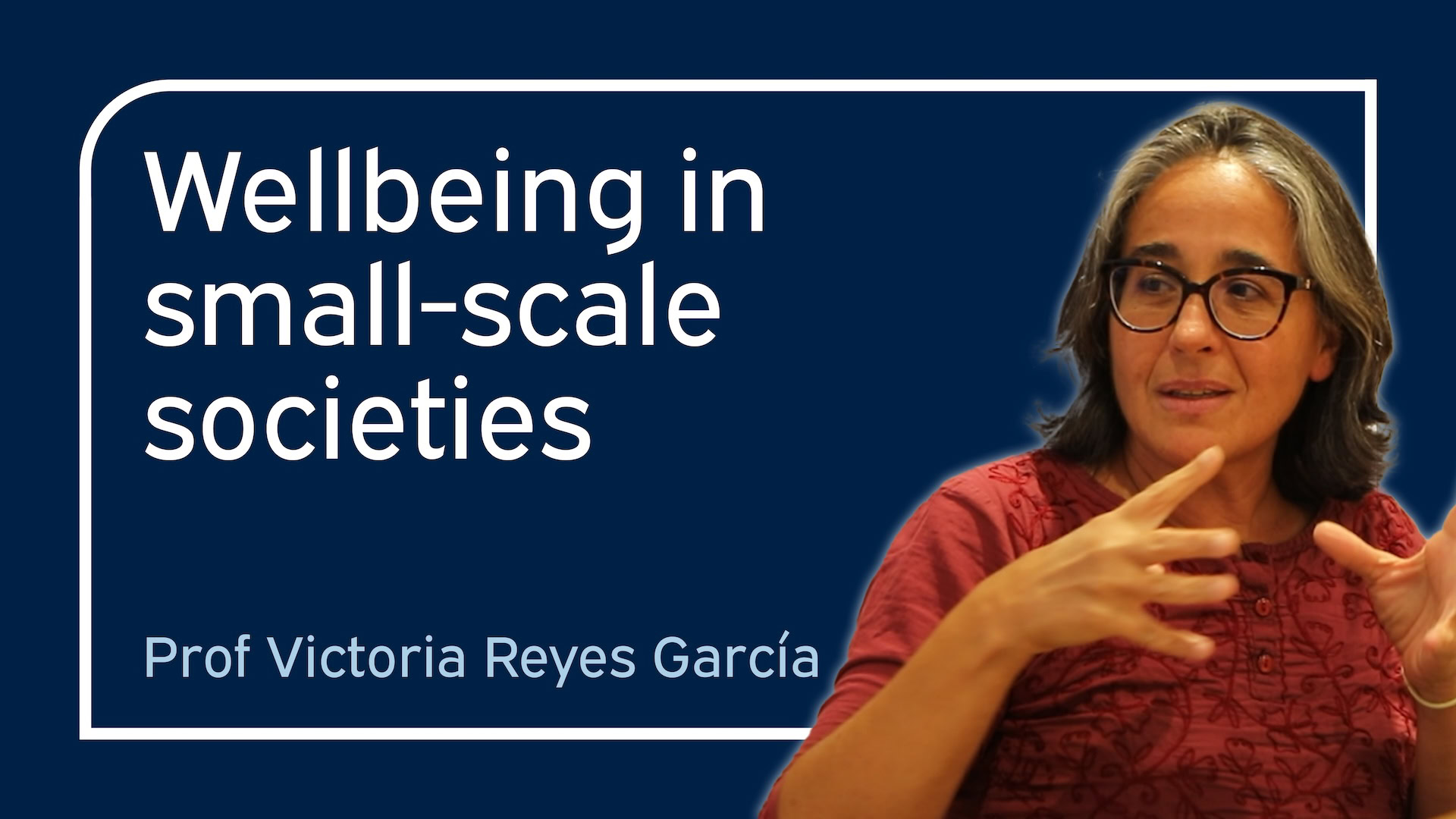Adopting a human-centred approach pioneered in computer science and engineering can support the expansion of mental health provision in the UK, according to new research published in the journal JMIR Human Factors.
Researchers from the Wellbeing Research Centre at the University of Oxford, the NIHR Applied Research Collaboration East of England at the University of Cambridge, University of East Anglia, and the University of Hertfordshire, reviewed existing evidence of human-centred design and digital transformation in the context of the NHS’s strained mental health provision.
The UK is not alone in facing growing demands for assessment, diagnosis, and treatment of mental health conditions. Increased waiting lists and prolonged referral times suggest funding and infrastructure are struggling to keep up with demand.
Digital transformation of the NHS and other linked services (both public and private sector) has long been touted as a solution to many of these problems.
The concept of human-centred design originated in the fields of computer science, engineering and ergonomics and is defined in this context by the authors as:
“a practical, iterative approach to the design, development and reform of mental health systems, services and products that is achieved through communication, interaction and empathy with users’ needs, desires and experiences”
Adopting such principles is designed to guide value and wellbeing creation in the delivery of products, systems, and services.
Using a human-centred approach in the design of new and existing digital mental health services could, according to the authors, enable greater responsiveness to patient needs and therefore improve patient outcomes.
The authors also highlight four specific UK policy recommendations:
- Replace the digital transformation directorate currently within NHS England with an independent, cross-departmental digital transformation commission;
- Further development of standardised processes and impact evaluation methods;
- Creation of new national-level standards to better connect NHS mental health services with other government departments;
- And explore the possibility of expanding human-centred design principles in further policy settings at both local and national levels.
Dr William Fleming, a Research Fellow at the Wellbeing Research Centre at the University of Oxford, and corresponding author of the new paper, said: “The digital transformation of our health services is already happening in a race to meet demand. But we can’t just assume the right answer is digital. We need any change to include the individuals who rely on these services as well as those who work to provide them.”
Diane Pochard, a co-author on the paper and, at the time of writing, a digital transformation lead within the Department for Health and Social Care, added: “Years of stretched capacity, rising demand, constant reorganisations, chronic underfunding and funding volatility have left our healthcare system in perpetual recovery mode with users’ needs lost in translation.
“As we are rushing to implement AI across frontline services we must apply the lessons learned from past digital transformation efforts – particularly the critical importance of user-centeredness. We cannot tech our way out of our dysfunctional system. The solution isn’t more technology, but a system where we consistently prioritise user value and where technology is an enabler.”
‘Human-Centered Design and Digital Transformation of Mental Health Services’ is published in the journal JMIR Human Factors.





